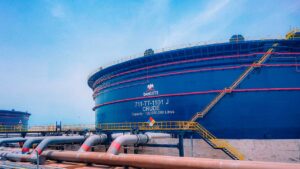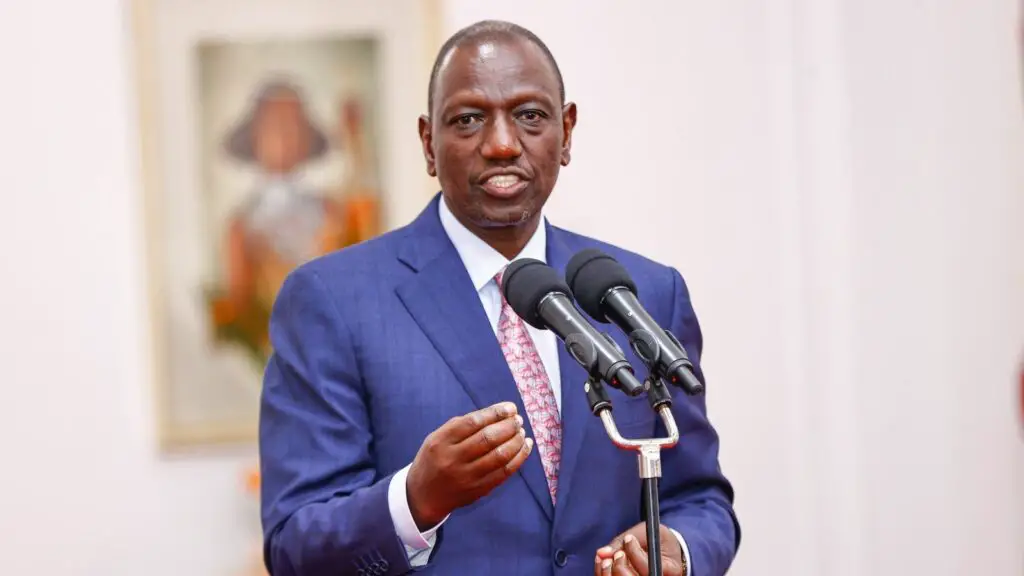- Since ascending to office in September 2022, President Ruto has remained relentless in his bid to boost Kenya’s agricultural productivity.
- Agriculture remains the bedrock of the country’s development and the key to creating equitable and sustainable growth for its citizens.
- President Ruto has focused on implementing policies and programs to enhance productivity, improve farmers’ incomes, and ensure food security.
Agriculture as a bedrock of Kenya’s economic prosperity
Kenya has made impressive economic strides in innovation and entrepreneurship, private sector enterprise, infrastructure, and human skills development. However, agriculture remains the bedrock of the country’s development and the key to creating equitable and sustainable growth for its citizens. The importance of agriculture has been highlighted in Kenya’s Vision 2030
Moreover, research has demonstrated that agriculture remains a major driver of economic prosperity for most African countries. In addition to driving economic growth, agriculture creates jobs for most rural communities and is essential to satisfying the food security needs of most of the population.
When President Ruto was elected, Kenya faced a significant food security challenge, with the prices of most food commodities at a record high amid inflation and high cost of living.
As per data from the Kenya National Bureau of Statistics (KNBS), the country’s food import bill rose 18 per cent to $1.2 billion in nine months of 2022 from Sh1.01 in a corresponding period in 2021. This was the highest figure recorded in a year’s first nine months since 2017, when the bill stood at $1.208 billion, pointing to heightened food imports during the election period.
Since ascending to office in September 2022, President Ruto has remained relentless in his bid to boost Kenya’s agricultural productivity. President Ruto has focused on implementing policies and programs to enhance productivity, improve farmers’ incomes, and ensure food security.
Subsidies and agricultural input support
President Ruto has advocated for and supported initiatives that provide subsidies and input support to farmers. This includes the provision of fertilizers, seeds, and other agricultural inputs at subsidised rates, making them more accessible to smallholder farmers. By reducing the cost of inputs, these programs aim to improve the overall productivity of agricultural activities.
Technology Adoption
The President has been a proponent of leveraging technology to enhance agricultural practices. This includes promoting modern farming techniques, improved seed varieties, and mechanized farming equipment. By encouraging the adoption of technology in agriculture, Ruto aims to increase efficiency and yield.
Irrigation and water management practices
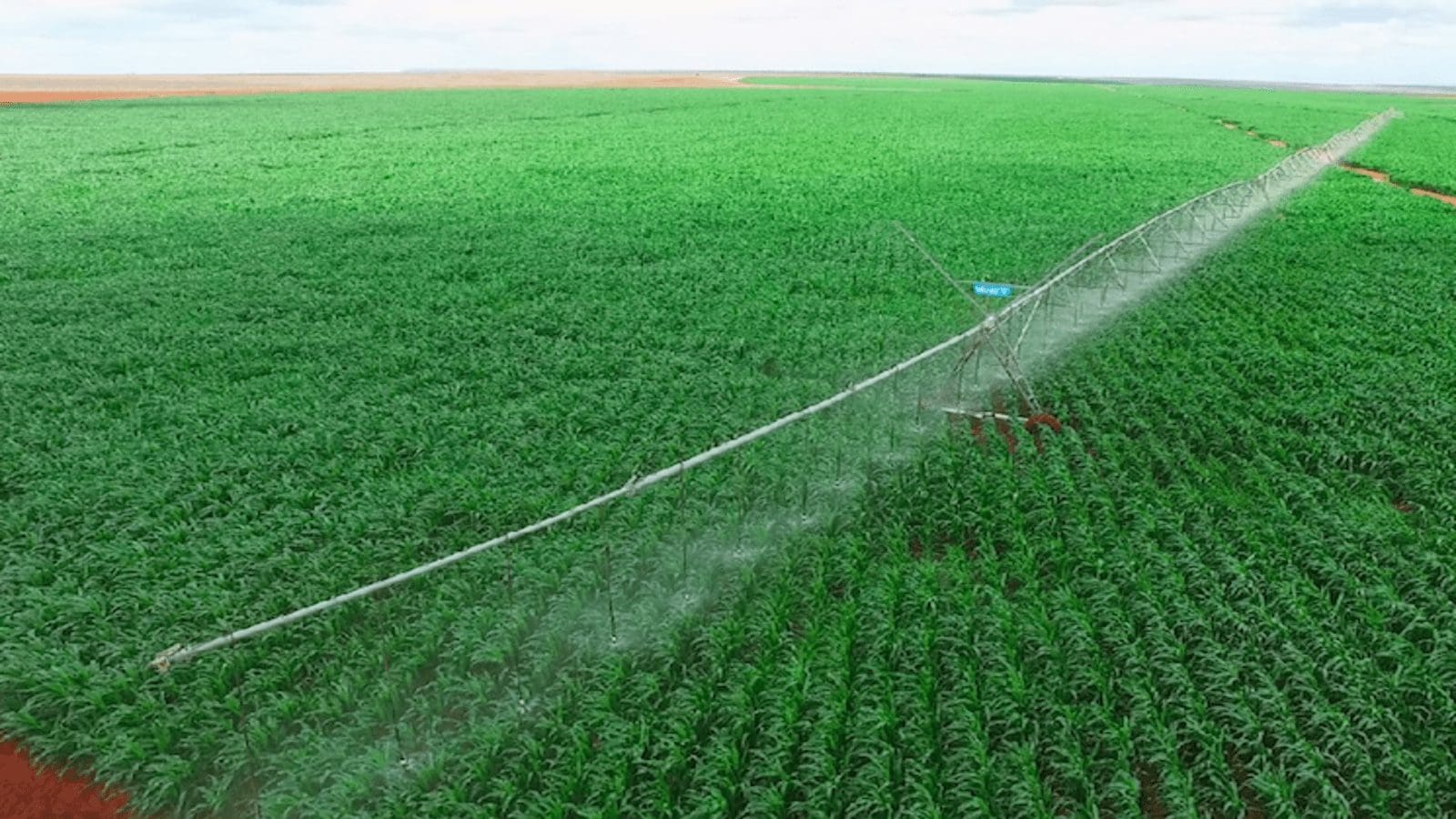
Value addition and agro-processing
President Ruto has emphasised the importance of value addition in the agricultural value chain. Promoting agro-processing industries aims to add value to raw agricultural products, create employment opportunities, and boost farmers’ incomes. This approach contributes to the overall growth and diversification of the agricultural sector.
Policy advocacy and implementation
Ruto has been involved in advocating for policies that support agriculture and rural development. This includes policies addressing land tenure issues, access to credit, and market linkages. By working towards a conducive policy environment, Ruto aims to create an enabling framework for sustainable agricultural growth.
Read Also: EU carbon tax heralds potential $25 billion loss on Africa
The Kenyan National Fertilizer Subsidy Program
One of the first moves from President Ruto upon assuming office was to provide fertiliser subsidies aimed at helping farmers mitigate agricultural production costs through The Kenyan National Fertilizer Subsidy Program (NFSP).
With a subsidy expenditure of $24 million, the NFSP offers subsidised fertiliser to farmers at half the price of commercial fertiliser. Rolled out during the short rainy season in September 2022, the NFSP emerged as a fundamental policy in President Ruto’s administration’s efforts to boost agricultural productivity and mitigate soaring food prices.
According to the Ministry of Agriculture and Livestock Development (MoALD), about 3.5 million 50-kilogram bags of subsidized fertiliser had been distributed in 41 of the country’s 47 counties through the NFSP by July 30, 2023.
Many consider subsidies for agricultural inputs a powerful tool to increase agricultural productivity. Consequently, Kenya’s fertiliser subsidy program appears to have generated benefits in productivity one year later. Farmers using the subsidy program have significantly increased their yields. This has contributed to lower prices, especially for maize, Kenya’s staple food.
Strategic collaborations to support Kenya’s agricultural productivity
About 8.5 million people in Kenya engage in some form of agriculture. Up to 6.3 million primarily earn a living from the sector. Moreover, a 69 per cent majority carry out food crop farming. Yet, the country still experiences chronic food shortages due to low productivity and/or losses.
Compared to leading global producers, the lack of proper financing in areas like inputs, mechanisation, working capital, and risk tools is a principal contributor to the extremely low productivity in most of the agricultural value chains.
The ease of credit access significantly determines the choice of capital source to finance agriculture. Most farmers have limited choices and have to put up with whatever is available. As such, President William Ruto’s government has taken a leading role in forging partnerships to help farmers navigate the financing challenges that have hugely impeded Kenya’s agricultural productivity.
Read Also: King Charles III silent on reparations in first Kenyan tour
The Kenya-UK $200 million deal to spur rural farming
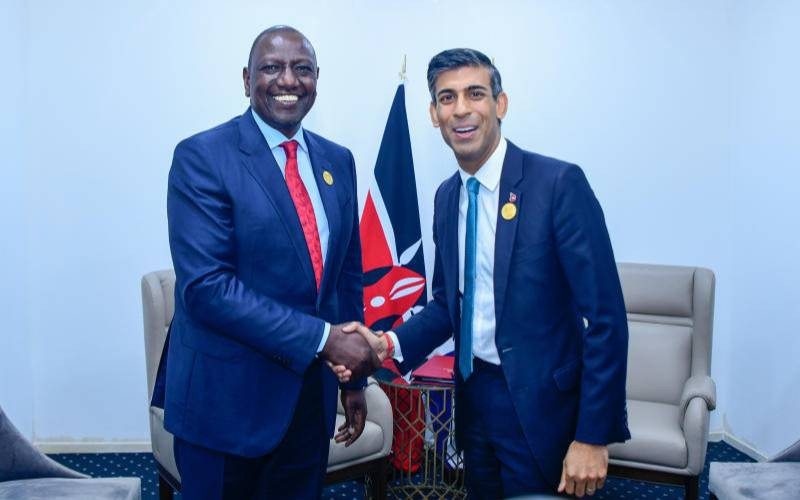
In a statement on 5 December 2023, the United Kingdom Government indicated an agreement was reached between the Kenyan Development Corporation and UK-funded investor United Green.
The deal between Kenya and British-based investment group United Green Group (UG) will see the group deliver Agri-fin-tech services for rural communities, high-productivity climate-smart farming and state-of-the-art agro-industrial facilities over the next five years.
The investment will support President Ruto’s Government’s commitment to agricultural transformation, increased productivity and output, and inclusive growth of local agriculture and associated industries.
According to the agreement, the United Green Group will deliver its mandate of adopting a rigorous development in agriculture targeted at contributing materially to food security. This aligns with President Ruto’s pledge to guarantee food production by setting aside more than 11,700 hectares for climate-smart farming.
President Ruto and UK Prime Minister Rishi Sunak ratified the agreement during a meeting on the sidelines of the COP28 summit. The proposed project will boost food production, protect the environment and save the country $196 million annually.
The British International Investment also pledged $7.1 million for two projects in Kenya as part of a wider Africa investment package. The first 2.09 million will provide solar-powered and water-efficient irrigation systems to 9,000 farmers. This will help increase farmers’ income by building their resilience and adapting to the impact of climate change.
India’s $248 million loan to boost agriculture
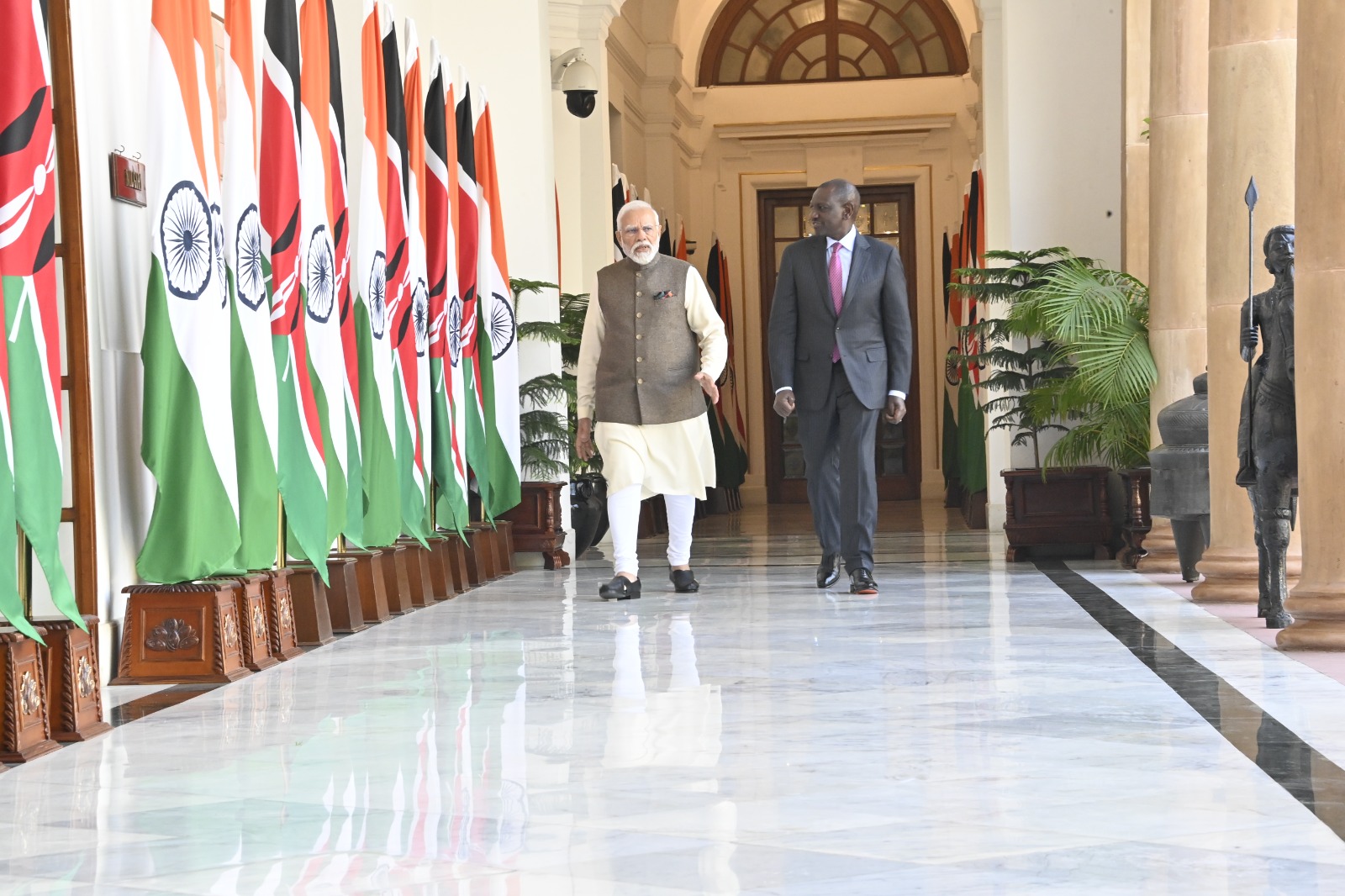
“As two agricultural economies, we have agreed to share experiences in this field. We have decided to extend a Line of Credit of $250 million for modernisation of the agricultural sector in Kenya. According to the needs of our times, we will increase partnership in innovation and technology,” said Prime Minister Narendra Modi.
PM Modi also indicated that India remains open to sharing its experience in developing digital public infrastructure with Kenya. Mr Modi also said Kenya wanted to join the International Solar Alliance and Global Biofuels Alliance.
Officials privy to the deal said the agriculture line of credit would advance projects that will be taken up subsequently. Per a joint statement issued following the visit, Kenya has “offered, in line with Kenyan laws, to provide land to Indian companies and institutions for the cultivation of crops, including millets, in Kenya.”
The document also mentioned that the Indian government would encourage companies to invest in the Kenyan agri sector, including “equipment and technology”. “Both sides noted that enhancing bilateral agricultural cooperation would increase bilateral trade and contribute to food security in Kenya,” the Joint Statement declared.


